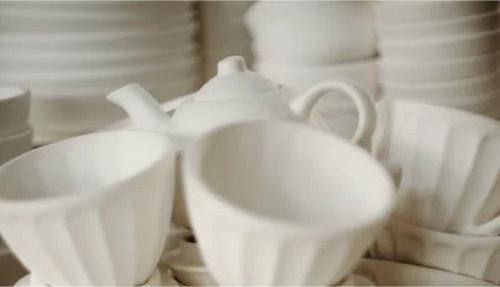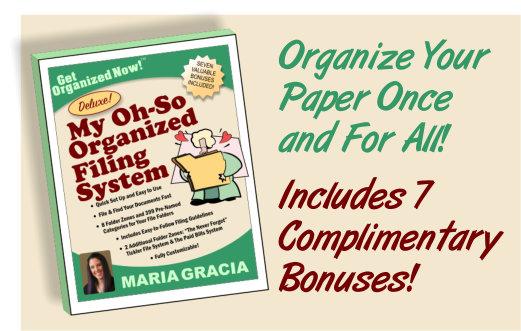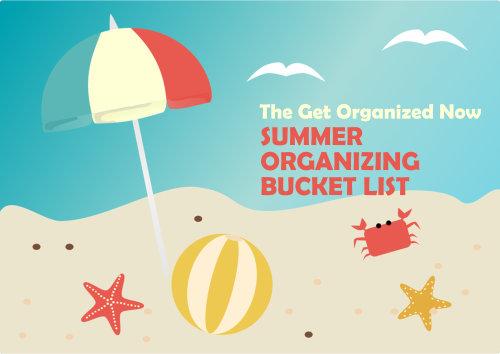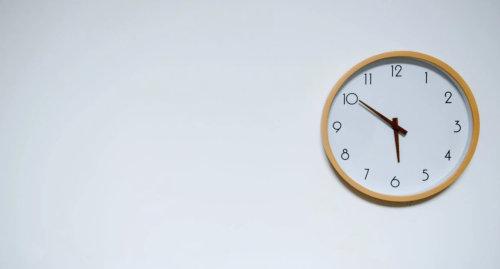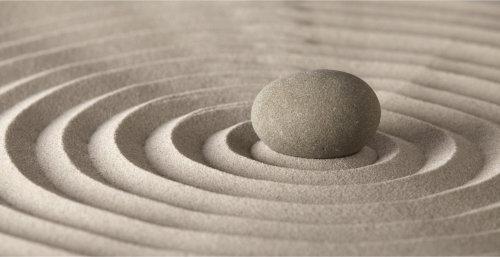I stopped by my friend Angie's house the other day for lunch. The meal prepared was delicious. However, Angie made way more than we could eat in one meal so she
wanted to give me a take-home portion. When she opened her cabinet, it was stuffed full of food storage containers and lids. As she struggled to grab one, she quickly said, "I really have to get rid of some of these."
Finding ourselves with too much of something, especially if we've been living in our homes for years, is all too
common. Here are seven things most people find themselves with too much of and tips focused on how to manage the surplus.
1. Storage Containers: Much like Angie, it's very easy to accumulate an overload of storage containers. To manage this, keep a reasonable number that matches your needs and recycle or donate the
extras. Be sure each container has a matching lid. If it doesn't, bid farewell to it. Give yourself a limited number (5, 10, etc.) to keep.
2. Clothes: Most people hold onto clothes that are never worn. The majority of people only wear 20% of the
clothes they own. Regularly go through your wardrobe (monthly at minimum) and donate items you haven't worn in a year or more. This creates space and helps those in need.
3. Home Decor: From knick-knacks to artwork, home decor can quickly overwhelm your space. Assess what truly adds value and what is just taking up
space. Donate or sell decor items that no longer serve a purpose or bring you joy.
Also remember that the more decor you have displayed, the more you have to dust. The less you have, the less cleaning you'll have to do.
4. Books: Books are wonderful and I love reading, but having too many physical books in your home can become a storage challenge. Keep your favorites and consider donating or selling those you won't read again.
Libraries and schools often welcome book donations. You can also pass them on to friends and family.
Let's face it, most books we read, we only read
once and then they sit in our homes taking up space and gathering dust.
5. Paperwork: From old bills to tax paperwork to instruction manuals, paperwork tends to pile up. Invest in a good filing system and go digital where possible. 6. Toys: If you have kids, you likely
have an excess of toys in your home. Regularly sort through them with your children and donate those they no longer play with. This not only helps to manage clutter but also teaches your kids about giving.
7. Cosmetics and Toiletries: It's easy to accumulate more cosmetics and toiletries than we can use before they
expire. Regularly check expiration dates, discard anything past its prime, and get rid of any that you're not using. It's also very important to use up what you have before buying new products.
Managing excess possessions is essential for maintaining a clutter-free and organized home. Regularly assess what you have and be willing to
let go of what you don't need. Not only will this make your living space more pleasant, but it will also make it easier to find and enjoy the things you truly value.




